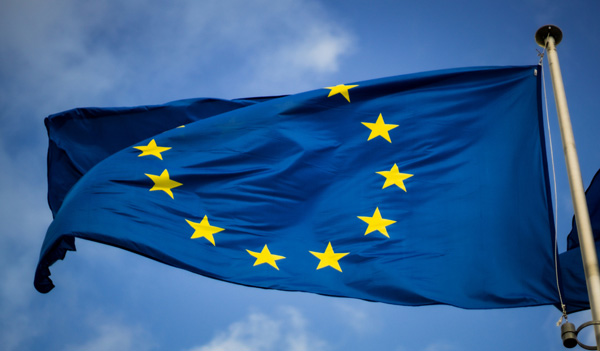The 6th European Political Community Summit comes to an end

[An image of the flag of the European Union. Photo Credit to Unsplash]
On May 16th, 2025, the leaders of 47 European nations, as well as the presidents of the European Council, European Commission and European Parliament, gathered in Tirana, Albania for the 6th European Political Community (EPC) Summit.
The summit brought together representatives from major international organizations such as the North Atlantic Treaty Organization (NATO), the Council of Europe and the Organization for Security and Cooperation in Europe.
The EPC Summit has become a critical forum for European cooperation amid growing global instability since its inception.
The European Political Community was established in 2022 as an intergovernmental platform to foster political and economic coordination among European states.
It was proposed by French President Emmanuel Macron to strengthen cooperation in security, economic stability and democratic governance.
The summit achieves this goal especially thanks to its inclusivity.
The EPC brings together EU and non-EU countries, including the United Kingdom, Ukraine, Turkey, Georgia and Western Balkan states.
The framework allows all leaders to engage in honest, meaningful discussions without the constraints of formal EU decision-making processes.
The meeting was particularly symbolic for Albania, a country that has long sought EU membership, as it works to establish its position among the European nations.
Holding the summit in Tirana also represented Europe’s openness to future engagement with Southeast Europe.
This year’s summit’s motto was “New Europe in a new world: unity – cooperation – joint action.”
Among the key topics discussed was Europe’s security and democratic resilience.
Several leaders expressed concerns about electoral interference and online propaganda, especially as more than a dozen countries prepare for national elections in 2025 and 2026.
The ongoing conflict in Ukraine was also addressed, with President Volodymyr Zelensky calling for more military aid and greater European unity against Russian aggression.
Participants reiterated their support for Ukraine’s sovereignty and condemned Russia’s continued acts of aggression.
The discussions highlighted the importance of European unity in the face of external threats and the need for continued efforts to strengthen security and defense.
Another major topic was energy independence and resilience.
While no new major initiatives were formally announced, the summit reaffirmed the importance of sustainable industrial policies and the diversification of energy sources.
Competitiveness and economic security were also discussed in depth.
Leaders discussed innovation, energy transition and industrial sustainability as key factors for Europe’s economic future, emphasizing the importance of strengthening economic resilience.
Some countries, including Moldova and the Western Balkan countries, expressed hope that such efforts would narrow the economic divide between Western Europe and other nations.
The 2025 EPC meeting also dedicated time to discussing mobility challenges and youth empowerment.
Issues related to migration and cross-border mobility, and challenges for the younger generation in the digital age, such as digital literacy, were addressed.
These themes were consistent with ongoing EU and pan-European efforts.
The summit also served as a venue for bilateral meetings, including talks between British Prime Minister Keir Starmer and EU leaders on post-Brexit relations.
Discussions touched on various topics, including fisheries, youth mobility and trade, and further negotiations are scheduled for the upcoming EU-UK summit in London.
The overall tone of the summit emphasized unity, cooperation and the need for joint action to address continental challenges.

- NaEun Hong / Grade 9
- Chadwick International School

![THE HERALD STUDENT REPORTERS [US]](/assets/images/logo_student_us.png)
![THE HERALD STUDENT REPORTERS [Canada]](/assets/images/logo_student_ca.png)
